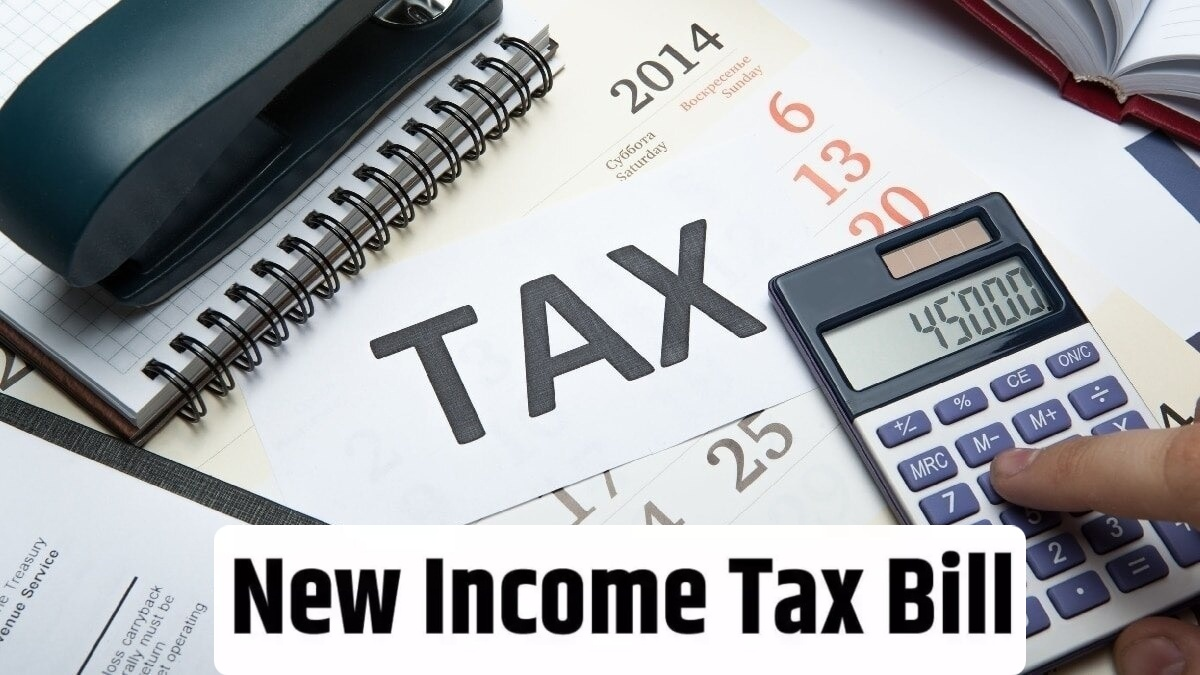New Income Tax Bill Set to Reform India's Taxation Framework
Politics Politics of IndiaPosted by NewAdmin on 2025-02-12 09:04:26 |
Share: Facebook | Twitter | Whatsapp | Linkedin Visits: 118

On February 12, 2025, the Indian government is poised to introduce a comprehensive Income Tax Bill in the Lok Sabha, aiming to replace the existing Income Tax Act of 1961. This new legislation comprises 536 sections across 23 chapters and spans 622 pages, nearly half the length of the current act. One notable change is the introduction of the term 'tax year' in place of 'previous year' and 'assessment year'. Additionally, the Central Board of Direct Taxes (CBDT) will gain enhanced autonomy, enabling it to implement tax schemes and enforce digital monitoring without necessitating legislative amendments.
Political Reactions and Implications
The proposed bill has elicited varied responses from political leaders and parties. Some commend the government's initiative to modernize and simplify the tax framework, emphasizing the potential for increased efficiency and reduced compliance burdens for taxpayers. Conversely, critics express concerns regarding the expanded powers granted to the CBDT, cautioning against potential overreach and the need for adequate checks and balances. The bill's introduction is anticipated to spark extensive debates in Parliament, reflecting the broader discourse on balancing reform with regulatory oversight.
Contextual Developments in Indian Politics
This legislative move occurs amidst a backdrop of significant political activities. Notably, the ruling party has proposed the "One Nation, One Election" plan, advocating for synchronized federal and state elections every five years to reduce costs and streamline governance. While proponents highlight benefits such as decreased voter fatigue and reduced governmental disruption, opponents raise concerns about potential voter confusion and the centralization of power.
Search
Categories
Recent News
- Chennai's Development Under the Lens: Minister's Inspection Tour
- Bank Fraud Unveiled: PNB Manager's Golden Scheme Exposed
- Assam CM Vows Legal Action: Land Grab Claims Refuted
- India-Canada Relations Warm Up: A Strategic Alliance in the Making?
- Indian Cricket Prodigy Shines in U19 World Cup Semi-Final
- The Fine Line Between Acclaim and Scrutiny in Football Management
- Prostate Cancer Awareness: A Hospital's Initiative for Early Detection
- India's Data Revolution: AI Infrastructure and Job Creation
Popular News
- Navigating IPO Market Dynamics Amid Volatility and Regulatory Changes
- Massive Worldwide Microsoft Outage Disrupts Multiple Sectors
- Panjapur Bus Stand to Reshape TNSTC Routes
- తెలుగుదేశం పార్టీ - పేదరికాన్ని నిర్మూలించడంలో వాగ్దానం
- Universities Embrace Remote Learning Technologies Amidst Ongoing Pandemic